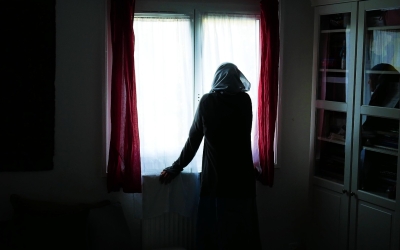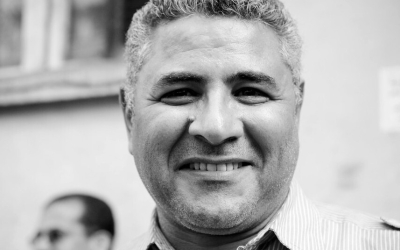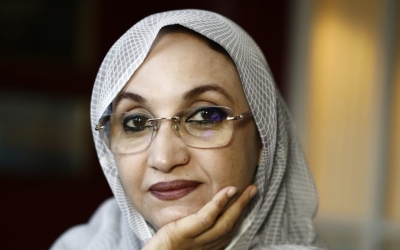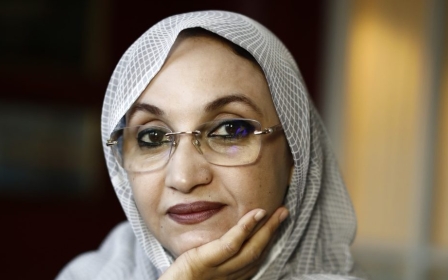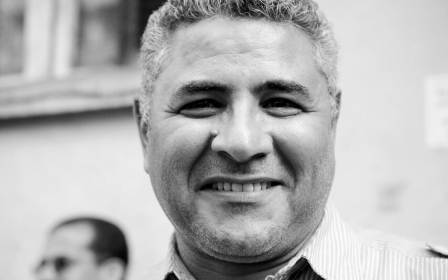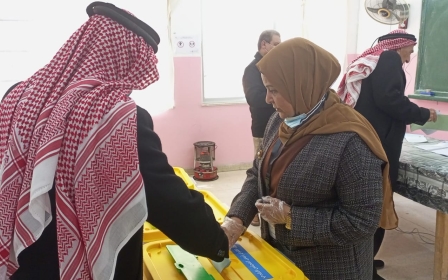Arabic press review: Jordanians pessimistic about kingdom's future
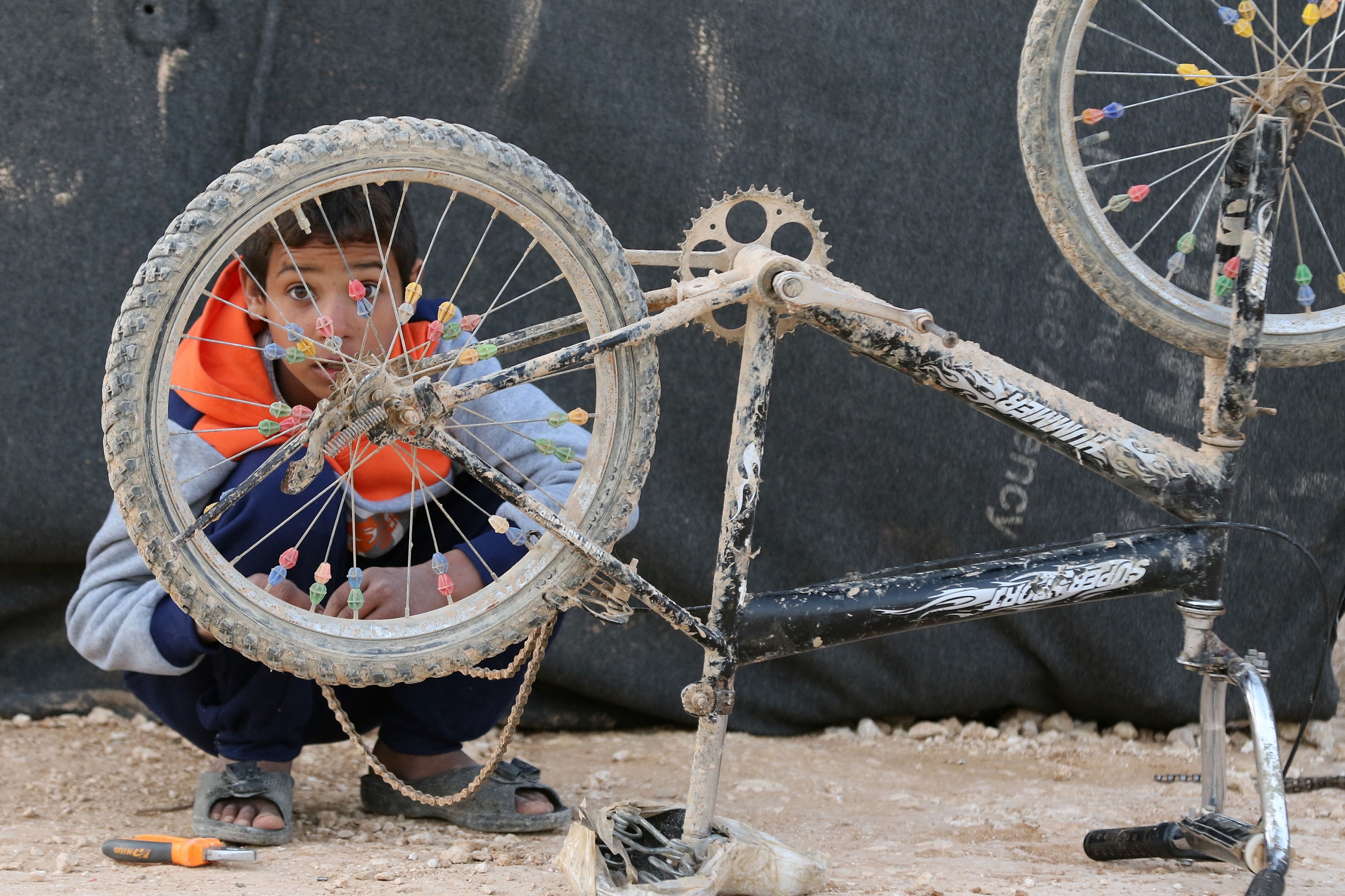
Jordanians pessimistic about Jordan
A recent opinion poll has found that only 11 percent of Jordanians “see that their country is going in the right direction”, according to the local Ammon website.
Conducted by the US-based International Republican Institute, the poll found that 40 percent of participants believe “Jordan is not going in the right direction”, while 49 percent do not know.
Only five percent of Jordanians hold a high level of trust in political parties, only seven percent trust the country’s parliament and only 10 percent say they trust the Independent Election Commission, which organises elections in the kingdom.
Over two-thirds of poll respondents said Jordan is exploited for the benefit of a small elite, while 92 percent expressed the importance of living in a country governed by democracy.
New MEE newsletter: Jerusalem Dispatch
Sign up to get the latest insights and analysis on Israel-Palestine, alongside Turkey Unpacked and other MEE newsletters
“It is clear that Jordanians are not happy regarding how things are managed in Jordan, due to the ailing economy and pessimism about future opportunities for financial stability on a large scale,” said Patricia Karam of the International Republican Institute, according to Ammon.
Basic materials run out at Syrian camp
Basic supplies and materials have run out at Syria’s Rukban camp, which hosts thousands of Syrian refugees close to the country’s borders with Iraq and Jordan.
According to a report from Arabi21, the camp is suffering under a siege imposed by Syrian government forces, while residents have issued distress calls to humanitarian organisations in the hope they will be saved from starvation.
In the past weeks, forces loyal to Syrian President Bashar al-Assad have tightened their siege, banning commercial trucks from passing through the only road leading to Rukban. This has led to the camp running out of basic materials, medicine, flour and fuel, Arabi21 reported.
The head of the camp’s local council, Muhammad Derbas al-Khalidi, confirmed that “the situation in the camp is tragic”, noting that “the Rukban area is besieged from all sides”.
He explained that Syrian forces have taken control of areas in the north and west of the camp, while Jordan prohibits humanitarian organisations from entering from the south.
Iraqi forces close to the Damascus administration are present in the camp’s east, according to Arabi21.
Al-Khalidi said that the only bakery in the camp functioned for just one day in the last fortnight as a result of a lack of flour and fuel.
International coalition forces are located 55km away, and al-Khalidi indicated that camp residents had appealed to them for help. But the forces have said they are there only to combat the Islamic State (IS) group, not to engage in humanitarian assistance.
Egyptian court imprisons six lawyers
An Egyptian court has handed suspended prison sentences to six lawyers for “cursing a judicial body” and disrupting the work of several courts on 28 and 29 April 2015, according to the London-based Al-Araby Al-Jadeed newspaper.
The court acquitted three lawyers, including the assistant secretary-general of the Bar Association, while giving one-year suspended prison sentences to the other six.
The public prosecution charged the nine lawyers with using force against public officials including judges, and preventing them from performing their duties as part of a protest organised by lawyers at a court complex in 2015.
Egyptian authorities have in recent years arrested hundreds of lawyers and human rights defenders.
Morocco determined to sue over Pegasus reports
The kingdom of Morocco continues to pursue the prosecution of local media in France for “defamation”, after the publication of information relating to the Moroccan government’s use of Pegasus spyware to pursue its opponents.
A court in Paris rejected a lawsuit filed by Morocco against French media groups, Amnesty International and the Forbidden Stories organisations.
But a lawyer representing the Moroccan government in France announced that he was submitting an appeal in order to prosecute these institutions, according to a report in Al-Quds Al-Arabi.
The case began when Amnesty International, Forbidden Stories and French media claimed in July 2021 that Morocco used the spying programme Pegasus, made by the Israeli NSO Group, to hack the phones of human rights activists, politicians and media professionals.
Moroccan authorities responded quickly, saying that “these are fallacious and baseless allegations”. French lawyer Olivier Baratelli, representing Rabat, questioned the merits of the Pegasus case, calling on parties that repeated the allegations to present their arguments and tangible evidence.
Baratelli said “the Moroccan state institutions have never obtained or used Pegasus software”. He added that: “No evidence was submitted against the Moroccan state in this case, this defamation campaign must not pass unpunished.”
Donncha Ó Cearbhaill, the acting head of Amnesty’s Security Lab, told MEE recently that the organisation had “in the past proved that Morocco was behind the use of Pegasus, for example with the journalist Omar Radi”.
Morocco is strongly suspected of being behind the recent hacking of Western Sahara activist Aminatou Haidar, who told MEE she held “Morocco responsible for all its consequences”.
*Arabic press review is a digest of news reports not independently verified as accurate by Middle East Eye
Middle East Eye delivers independent and unrivalled coverage and analysis of the Middle East, North Africa and beyond. To learn more about republishing this content and the associated fees, please fill out this form. More about MEE can be found here.


